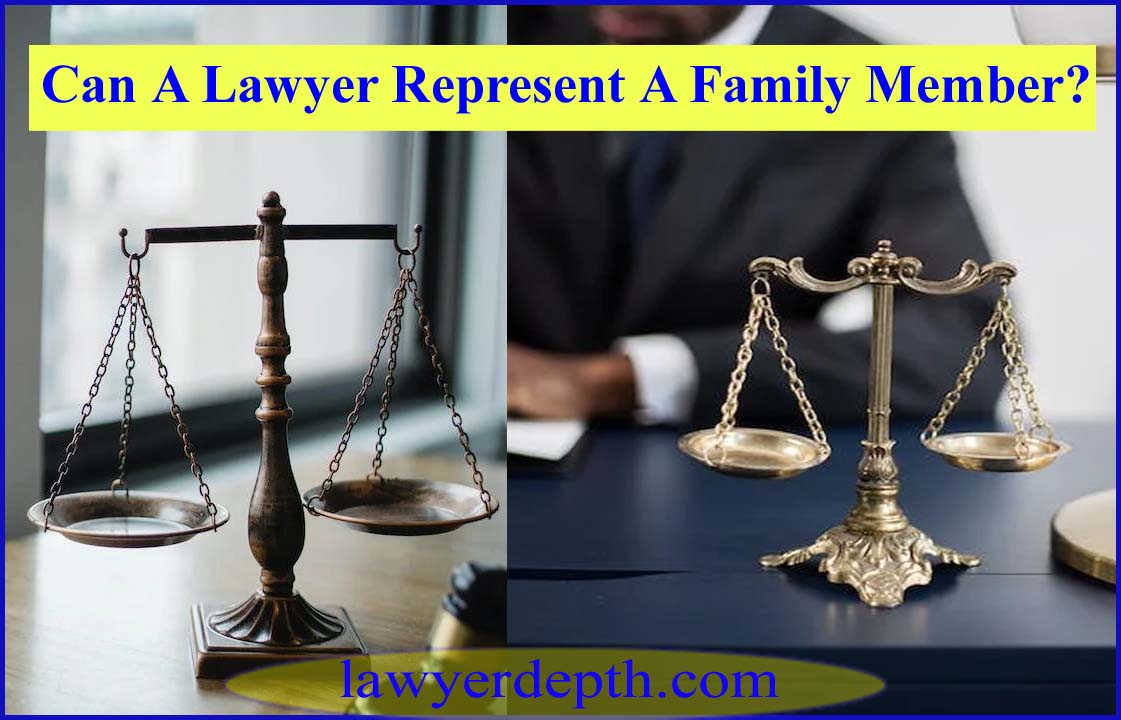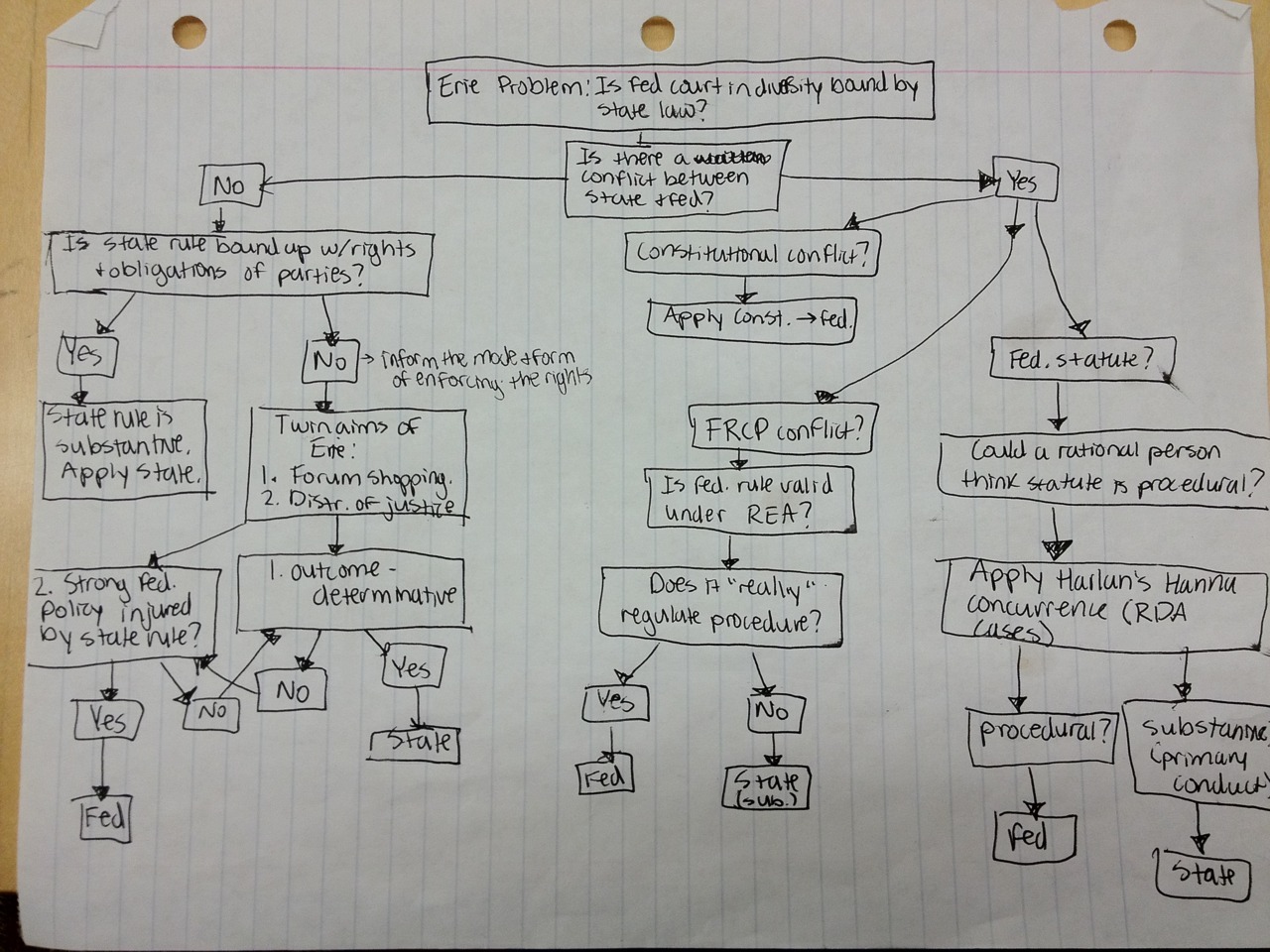Can A Lawyer Represent A Family Member?

Can A Lawyer Represent A Family Member in some circumstances, but there are potential conflicts of interest that must be considered. The lawyer must make sure that he or she is not representing the interests of one family member against another.
In addition, the lawyer should make sure that there are no confidential information or secrets that could damage the relationship between the family members if they were revealed during the course of representation.
There are many instances where Can A Lawyer Represent A Family Member. The most common instance is when a family member is the victim of a crime. In these cases, the lawyer can represent the family member in court proceedings and help them seek justice.
Another common instance is when a family member is involved in a civil lawsuit. In this case, the lawyer can help the family member navigate the legal system and protect their interests. There are also times when a lawyer may represent a family member in an estate planning matter or other type of legal issue.
Can You Be Represented by a Family Member?
If you are facing criminal charges, you have the right to be represented by a lawyer. You may also have the right to have a family member represent you in court, depending on the state in which you live. In some states, family members are allowed to represent defendants in criminal cases.
This is typically only allowed in very minor cases, such as traffic offenses or misdemeanors. In more serious cases, only licensed attorneys are permitted to represent defendants. There are a few reasons why someone might choose to be represented by a family member instead of a lawyer.
- First, it can be less expensive than hiring a lawyer.
- Second, it can be faster and easier to communicate with a family member than with an attorney.
- Finally, some people feel more comfortable trusting their case to someone they know and love rather than a stranger.
However, there are also several drawbacks to having a family member represent you in court. First and foremost, they likely do not have the legal training or experience necessary to effectively defend you against serious charges. Additionally, their personal relationship with you could cloud their judgment and make it difficult for them to give you honest feedback about your case.
Finally, if things go wrong during your trial, it could damage your relationship with your loved one forever.
Is It Unethical to Represent a Family Member?
No, it is not unethical to represent a family member. In fact, many lawyers choose to represent family members in order to keep the cost of legal services down. Additionally, representing a family member can be a way to show support for someone you care about.
Can a Friend Who is a Lawyer Represent Me?
The short answer is yes, but there are some things to keep in mind. First, while your friend may be a lawyer, they may not be licensed to practice law in your state. Even if they are, they might not be familiar with the specific area of law relevant to your case.
Additionally, representing you could create a conflict of interest for your friend if they have ever represented or been associated with the other party in your case. It’s generally best to consult with multiple lawyers before deciding who will represent you. This way you can get an idea of whether or not your friend is the best person for the job and whether or not there could be any potential conflicts of interest.
Can a Solicitor Represent a Family Member Uk?
Can a solicitor represent a family member in the UK? The simple answer to this question is yes, a solicitor can represent a family member in the UK. However, there are some important things to keep in mind if you are considering having your solicitor represent a family member.
First and foremost, it is important to make sure that your solicitor has experience representing clients in the UK. While many solicitors may be qualified to practise law in the UK, not all of them have experience actually litigating cases here. If your solicitor does not have any experience practising law in the UK, it is important to ask them about their qualifications and whether or not they feel comfortable taking on your case.
It is also important to consider whether or not your case falls within the jurisdiction of the UK courts. For example, if you are involved in a divorce proceedings or child custody battle, these types of cases will need to be heard by a court in England and Wales.
If you live outside of England and Wales, but your spouse or partner lives here, you may still be able to use a solicitor who practices law in England and Wales provided that they are willing to take on your case.
Finally, it is worth noting that while you can use a solicitor to represent you in court proceedings, they cannot give you legal advice unless they are also qualified as a barrister. This means that if you want advice on what course of action to take with regards to your case, you will need to consult with both a barrister and your solicitor before making any decisions.
Can a Lawyer Represent a Family Member in Texas
If you have a legal problem in Texas, can a family member represent you in court? The simple answer is yes, but there are some important things to keep in mind. First, the family member must be a licensed attorney in Texas.
If they are not licensed in Texas, they can still give you legal advice, but they cannot represent you in court. Second, even if the family member is a licensed attorney, they may have conflicts of interest that could prevent them from representing you effectively. For example, if the family member also represents your spouse or another close relative in a separate matter, that could create a conflict of interest.
It’s always best to consult with an experienced attorney before making any decisions about who will represent you in court. But if you don’t have access to an attorney or can’t afford one, having a family member represent you may be your best option.
Can a Lawyer Represent a Family Member USA
Can a lawyer represent a family member in the USA? The answer is yes, but there are some important caveats to keep in mind. First, the attorney-client privilege generally does not apply to communications between lawyers and their family members.
This means that if you tell your lawyer something in confidence, he or she may be obligated to reveal it to the other side if asked. Second, while lawyers are allowed to give family members legal advice, they cannot represent them in court without disclosing their relationship to the judge. Doing so could result in a conflict of interest charge.
Finally, even if a lawyer can represent a family member, he or she may choose not to do so because it could create difficulties down the road (e.g., if you have a falling out). If you are considering having your lawyer represent your spouse or child, make sure you discuss all of these issues with him or her beforehand.
Attorney Conflict of Interest Family Member
Conflicts of interest for attorneys can arise when a family member is involved in the case. The attorney may have divided loyalties and may not be able to provide the best representation for their client. In some cases, the attorney may need to withdraw from the case altogether.
If you find yourself in this situation, it’s important to seek out another attorney who can represent you without any conflicts of interest.
Is It Ethical for an Attorney to Represent a Family Member
If you have ever wondered whether it is ethical for an attorney to represent a family member, you are not alone. The answer to this question is not always clear cut and may depend on the specific circumstances involved. In general, however, it is generally considered permissible for an attorney to represent a family member in legal proceedings, so long as there is no conflict of interest between the attorney and the client.
There are a few potential scenarios where representing a family member could create a conflict of interest for the attorney. For example, if the attorney were also serving as the executor of the estate or trustee of the will, they would be unable to fairly represent both parties. Additionally, if there was any chance that representing the family member could result in personal gain for the lawyer outside of their normal fee arrangement, that would also create a conflict of interest.
In these cases, it would be ethically impermissible for the lawyer to represent both parties. In most other cases, however, attorneys are free to represent family members in legal proceedings without creating a conflict of interest. This includes situations where the lawyer is related to either party in the case (e.g., siblings representing each other), or where one party is represented by counsel and the other party is not (e.g., children representing their parents).
While there may be some challenges associated with representing a family member – such as maintaining impartiality – these challenges can usually be overcome with proper communication and planning.
Can a Lawyer Represent a Friend
There are many questions that come up when people are looking for a lawyer to represent them. One of the most common questions is whether or not a lawyer can represent a friend. The answer to this question is yes, but there are some things to keep in mind before hiring a lawyer to represent you or your friend.
First and foremost, you should make sure that the lawyer you choose is someone who you trust and feel comfortable with. This person will be representing you or your friend in court, so it’s important that you have confidence in their abilities. Additionally, it’s important to make sure that the lawyer has experience handling cases like yours.
While most lawyers are capable of handling a variety of different cases, some may be better equipped to handle yours than others. Another thing to consider is whether or not the lawyer has the time to dedicate to your case. Lawyers are often very busy people, so it’s important to make sure that they will be able to give your case the attention it deserves.
If you have any concerns about this, be sure to discuss them with the lawyer before hiring them. Overall, there’s no reason why you can’t hire a lawyer to represent a friend. Just be sure to do your research and choose someone who you feel comfortable with and who has experience handling cases like yours.
Can a Lawyer Represent Themselves
If you find yourself in a legal situation, you may be wondering if you can represent yourself in court. The answer is yes, but it’s not always the best idea. Here’s what you need to know about representing yourself in court.
The first thing to keep in mind is that the law is complex. It’s not something that you can just read about in a book and then understand fully. Even lawyers have to spend years studying the law before they’re able to practice it effectively.
So, if you’re not a lawyer, chances are you won’t be able to fully understand all of the legal complexities involved in your case. That being said, there are some situations where representing yourself may be the best option. For example, if your case is relatively simple and doesn’t involve any complicated legal issues, then you might be able to get by without a lawyer.
Additionally, if you can’t afford to hire a lawyer or if you don’t have access to one, then self-representation may be your only option. Of course, even in these situations, it’s still important to educate yourself about the law and how it applies to your case. There are plenty of resources available online and at your local library that can help you do this.
And remember, even if you choose to represent yourself, you can always change your mind and hire a lawyer later on if needed.
Can a Lawyer Represent a Family Member in California
If you have a family member who is facing criminal charges in California, you may be wondering if a lawyer can represent them. The answer is yes, but there are some restrictions. First, the lawyer must be licensed to practice law in California.
Second, the lawyer cannot have any conflicts of interest. This means that the lawyer cannot already be representing the defendant in another case, or have any other relationship with the defendant that could influence their representation. Third, the family member must give their consent for the lawyer to represent them.
This consent must be given in writing and should be signed by both parties. fourth, while it is not required, it is generally advisable for the family member to have a separate attorney from the one representing the rest of the family in order to avoid any potential conflicts of interest. Finally, it is important to keep in mind that even if a lawyer represents a family member, they still owe their allegiance to the court and will not put personal feelings above their duty to uphold justice.
Can a Lawyer Represent Both Parties
There are many instances in which a lawyer can represent both parties. For example, a lawyer may represent both a buyer and a seller in a real estate transaction. The same is true for other types of transactions, such as business deals or contracts.
In these cases, the lawyer’s role is to ensure that the terms of the agreement are fair to both parties and that the transaction is completed legally. There are also situations in which a lawyer may be hired by two parties who have conflicting interests. For example, if two companies are involved in a legal dispute, each company may hire its own lawyer to represent it in court.
However, there are rules that govern how lawyers can represent multiple clients with conflicting interests. These rules vary from state to state, but generally speaking, lawyers must disclose the conflict of interest to both parties and get their consent before proceeding.
Conclusion
It’s not uncommon for lawyers to represent family members. In fact, Can A Lawyer Represent A Family Member at some point in their career. While there are some benefits to representing a family member, there are also some potential risks that you should be aware of before taking on such a case.
The biggest benefit of representing a family member is that you already have a relationship with the client. This can make it easier to build trust and communicate effectively. You also may have insight into the client’s family dynamics that could be helpful in resolving the case.
However, there are also some potential downsides to representing a family member. It can be difficult to remain objective when you’re close to the client. You also may need to disclose information about the case to other members of the family, which could create tension within the group.
Before agreeing to represent a family member, be sure to weigh both the pros and cons carefully.




